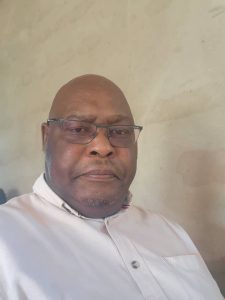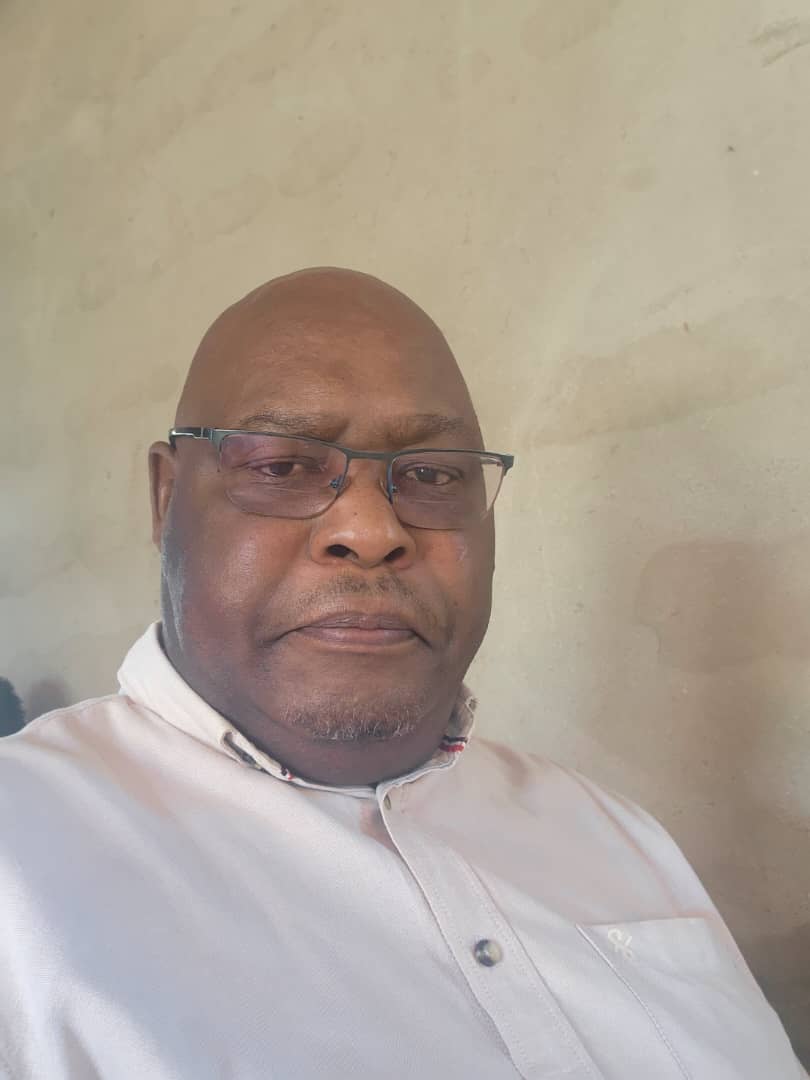By Ncaba Ntshakala
Government Spokesperson Alpheous Nxumalo has strongly rejected the influence and reports of Human Rights Watch, labeling the organization as a “neo-colonialist” entity that seeks to impose foreign ideals on African governance.
Speaking during a discussion on Newzroom Afrika, Nxumalo asserted that Human Rights Watch was established by former colonizers of the African continent, who, after Africans fought for and gained their independence, returned in the form of supervisory bodies aimed at dictating how African nations should govern themselves.
He declared that Eswatini outrightly rejects what he termed the “unjustifiable interference” and “imposition” of such organizations, emphasizing that the country will not allow external forces to dictate its governance.
RELATED: African leaders resolute against LGBTQ rights
When addressing the current political landscape in Eswatini, Nxumalo emphasized that the country has chosen its own path, where he described Tinkhundla system as a “local home-brewed democratic dispensation” that is distinct and rooted in the will of the Swazi people.
highlighted that Eswatini successfully negotiated its independence from colonial rule and continues to resist external pressure, maintaining its sovereignty without influence from foreign entities.
He further argued that the concept of human rights, as championed by organizations such as Human Rights Watch, is a Western construct forcefully imposed on African nations, disregarding their unique political and cultural contexts.

Nxumalo referenced former U.S. President Donald Trump’s stance on human rights, stating that Trump’s declaration rejecting the replacement of the rule of law with human rights principles validates Eswatini’s position.
Nxumalo emphasized that the political system in Eswatini was intentionally crafted by the people, in deliberate rejection of externally imposed multi-party democracies.
He asserted that the citizens enjoy their rights as enshrined in the Eswatini Constitution, which was developed with the participation and support of international organizations such as the United States Department of State and the Commonwealth.
RELATED: YOUTH MUST TAKE CENTRE STAGE IN HUMAN RIGHTS ADVOCACY – UN AMINA MOHAMMED
He pointed out that Professor Atifoye, a constitutional expert from Ghana, was seconded by the Commonwealth to contribute to the drafting of Eswatini’s constitution, which was adopted in 2005.
Nxumalo insisted that the government remains committed to upholding constitutionalism and will not entertain any foreign concepts aimed at replacing Eswatini’s established governance structures.
Refuting allegations of governance challenges, Nxumalo stated that there is no chaos in Eswatini, and the nation adheres to international best practices, including the separation of powers among the judiciary, executive, and legislature.
He stressed that the judiciary operates independently, ensuring justice and fairness within the constitutional framework of the country.


